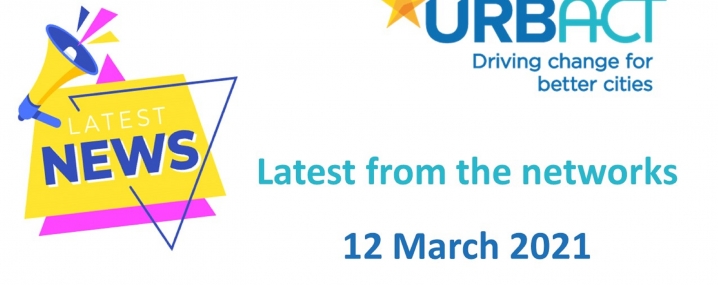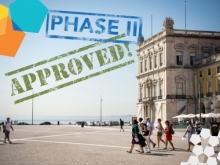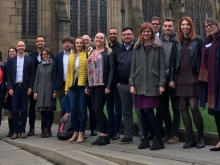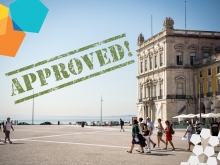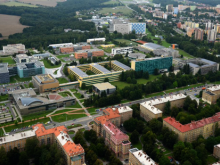Frankfurt
The city of Frankfurt is Germany’s financial capital. With some 700,000 inhabitants it is the capital of the Frankfurt Rhine-Main region, with a population of 5.5 million. This makes it Germany’s second largest metropolitan region. Since the expansion of the EU, it is almost at the geographical centre of Europe. German banks, the Frankfurt Stock Exchange and the European Central Bank have their headquarters in the city. It is a multicultural city with more than 180 nationalities among its population. Some 25% of inhabitants are foreigners.
The historic city was once the most important in the Holy Roman Empire, and Germany’s kings and emperors were crowned there for 200 years until the 18th century. During World War II, Frankfurt’s remarkable medieval centre was destroyed by Allied bombing and it was largely rebuilt as a modern city after the war. It is now a showcase of modern architecture and its skyline features 14 out of the 15 highest skyscrapers in Germany. The city has nine high-ranking universities and higher education colleges and a large student population.
Frankfurt is a transport hub, and its airport is one of the busiest in the world, as well as being the headquarters of the domestic carrier Lufthansa. It employs more people than any other workplace in Germany. The city’s vibrant economy draws a million commuters and visitors each day and it registers some 660 million journeys by public transport per year. A major concern of the city authorities is tackling the pollution arising from the resulting high density of traffic.
SOME RELATED NETWORKS
Article
23 Action Planning Networks ready for Phase 2!
Article
Seven cities on a Zero Carbon Journey
Article
“Gender is everywhere”: Introducing the Action Planning Network GenderedLandscape
News
23 Action Planning Networks approved!
Article

